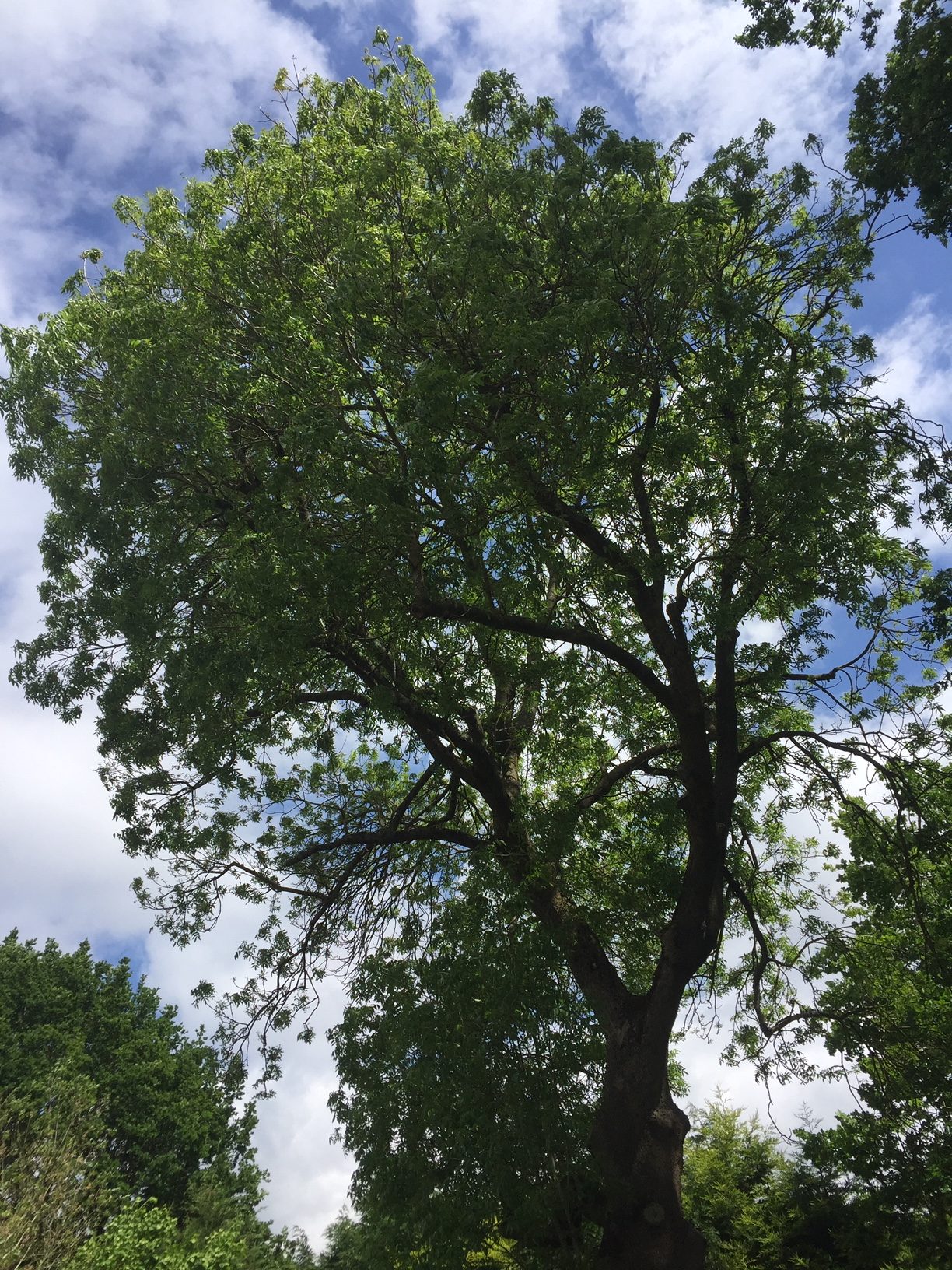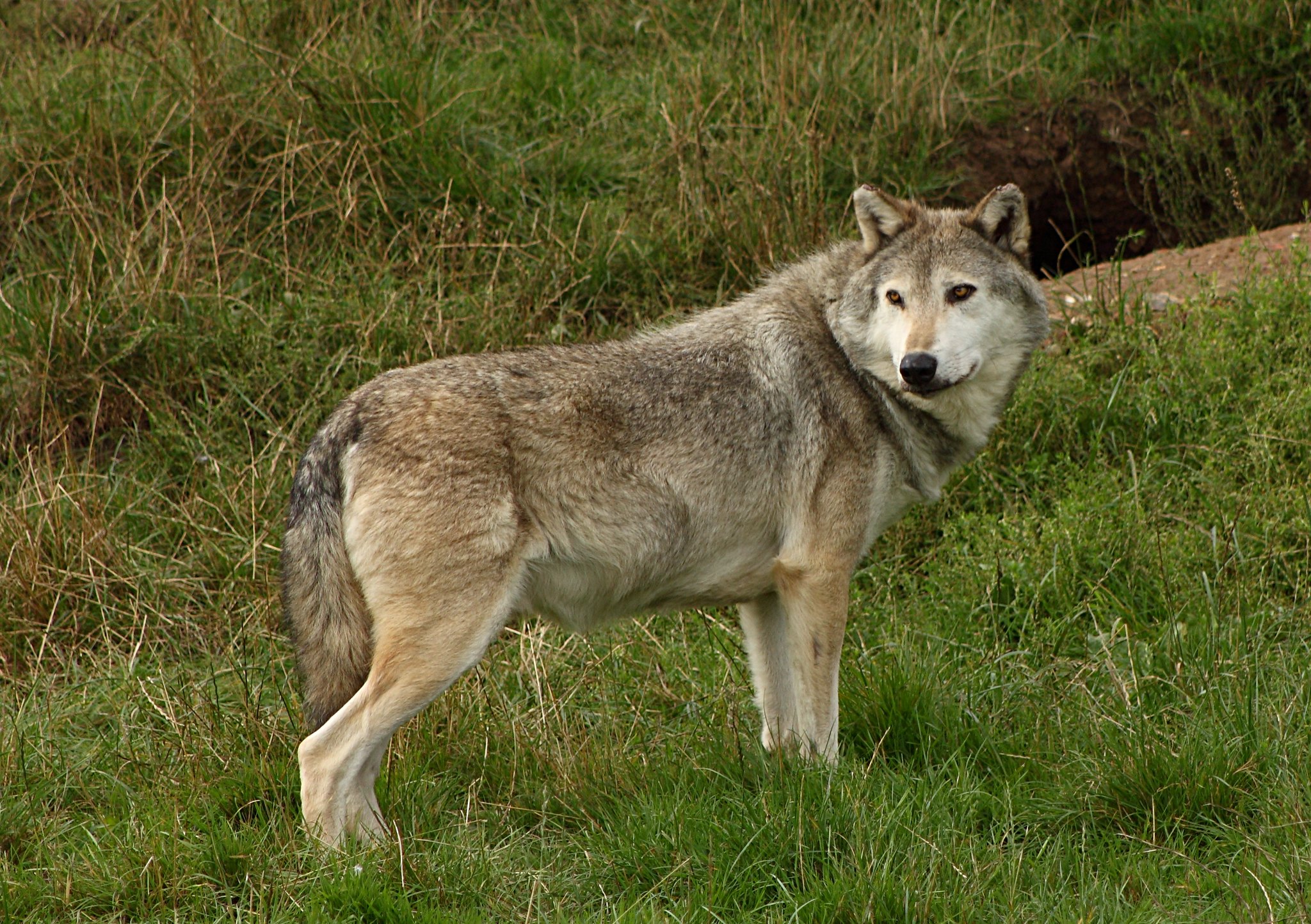The Guardian reports water companies discharged raw sewage into bathing water beaches almost 3,000 times in the past year, polluting the environment and risking public health, new analysis shows. The study by Surfers Against Sewage, which publishes data on sewage releases as they occur, examines the notifications by water companies of effluent discharges over 12 months.
All posts by Heather
RSPCA fears spike in animal cruelty in Hampshire over second coronavirus lockdown
The Portsmouth News reports animals face being hunted, beaten and mutilated during the second coronavirus lockdown, a charity fears. The RSPCA is concerned that as the United Kingdom goes into another lockdown, people’s search for entertainment could lead to animals being harmed.
It comes after intentional harm and illegal activity towards animals spiked during the first Covid-19 lockdown. In Hampshire, there have been 28 instances of intentional harm this year, with 58 animal-related offences overall.
Ash dieback takes grim toll on English forests and up to 90% of British ash trees could be lost in 30 years

INEWS reports ash dieback is devastating forests across England, with the National Trust this week warning it will have to fell thousands of dead trees this winter for public safety. Ash trees make up about 20 per cent of woodland in Britain, but up to 90 per cent of these trees could be lost in the next 30 years to the disease.
‘Biggest ever’ initiative to restore natural world launched amid warning it needs more cash
The Independent reports a national push by the government and numerous wildlife and environment organisations to restore the natural world across England has been launched, aiming to tackle biodiversity loss, climate change and people’s isolation from the natural world. But it comes as some of the same environment groups supporting the initiative have warned that public funding for green recovery projects is already 10 times oversubscribed.
Rare birds declining in the UK because of warmer Arctic climates affecting migration rates
The Telegraph reports a study which tagged geese and monitored their movements and density from 2006 to now has found that vastly fewer young come with adult animals when they travel to our shores. Nowhere else on earth are experts seeing such rapid changes than in the Arctic where the primary cause, greenhouse gas emissions, are instigating warmer winter temperatures and ice loss, affecting the availability of food, competition and predation of animals.
Half of all nature reserves not in a healthy state, report reveals
The Telegraph reports half of England’s nature reserves are not in a healthy state, a damning report by a government-commissioned body has found, as they warn that most climate targets have been missed. Natural assets including soils, land, plants and wildlife are in serious decline despite Government targets to improve the environment in a generation, according to the Natural Capital Committee.
Growing hunger for the return of wolves
 The Times reports lynx and wolves could be reintroduced to England under plans backed by the head of Natural England to “rewild” large areas.
The Times reports lynx and wolves could be reintroduced to England under plans backed by the head of Natural England to “rewild” large areas.
European wolf photo by Lawria under creative commons.
Conservation charities warn UK nature targets under threat without £1bn more funding
INEWS reports the Government must funnel more funding into nature schemes if it wants to save thousands of jobs in the sector and keep key green targets within reach. That is the message from the UK’s leading environmental charities, including the National Trust, Woodland Trust, Wildlife and Countryside Link and The Wildlife Trusts. They were among the green groups to pen a letter to the Chancellor, calling for Rishi Sunak to plough more cash into the Green Recovery Challenge Fund.
Businesses making eco-friendly claims to be vetted by watchdog
The Guardian reports companies that market their products or services as eco-friendly are to be scrutinised by the UK competition watchdog to make sure they live up to the claim and do not mislead consumers. The CMA said examples of misleading behaviour by firms could include exaggerating the positive environmental impact of a product or service, but also using packaging or logos that implied an item was eco-friendly when it was not. The practice is also known as “greenwashing”.
Environment Bill updates must stop businesses destroying nature
edie reports the UK Government must “urgently” help large businesses to value the natural resources in their value chains and to promote conservation and restoration at scale, the Natural Capital Committee (NCC) has concluded. The Committee, which was founded in 2012 and works as an independent advisor to Defra, has published its ‘end of term report’.
